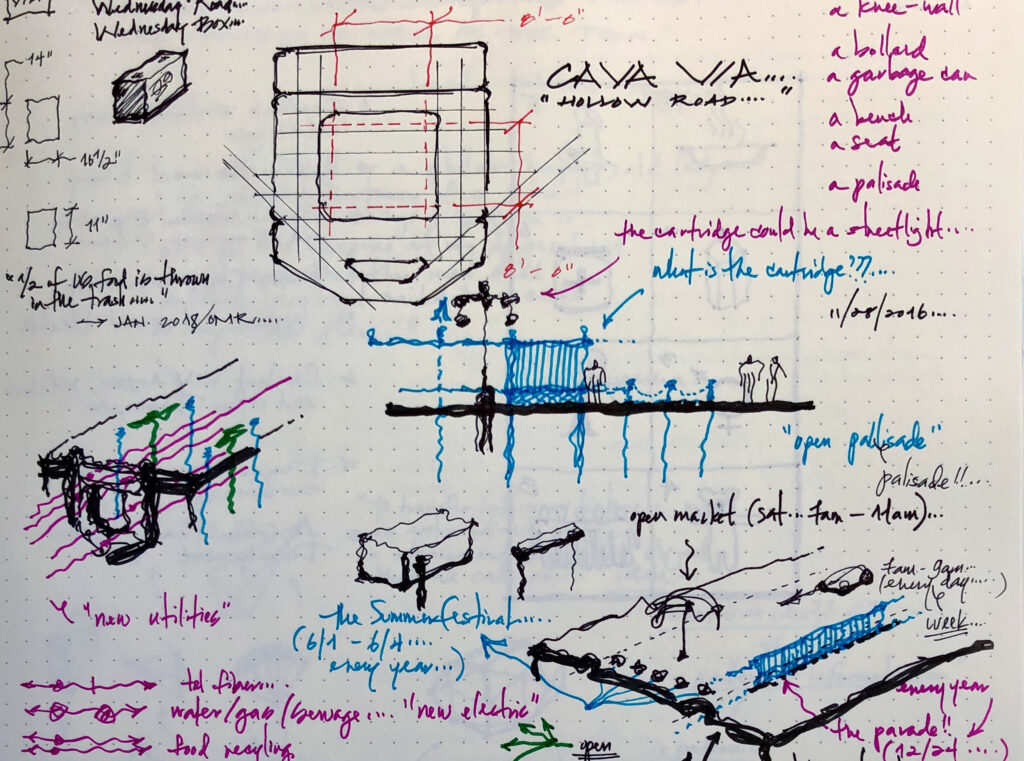
Creating in Place
Inside SNHA's Stay-at-Home Order
We’ve laughed at “I was on mute” jokes and streamed Netflix’s entire catalog, but when we asked SNHA staff to share their creative approaches to sheltering-in-place, we heard about projects old and new, fundraising to support local businesses and front-line workers, and some pretty superlative baking and home-schooling initiatives — highlighting the wide-ranging interests and hidden talents out there.
Here is a glimpse into some of our staff’s impressive shelter-in-place activities.
The Technophile
Eight years have passed since Tom K built his first computer, and with the extra time at home during self-quarantine, he decided it was time to tackle the project once again. Originally learning how to build a computer with the help of Google and YouTube, Tom has been working with computer hardware ever since and pretty much has the process down, taking only one week to complete a new computer to ready-to-use condition. The process is fairly simple, he says, as it’s really just a matter of putting the pieces in their proper place. For Tom, the step that took the longest was picking out the parts. Choosing a memory kit, drive, graphics card, power supply, and a case to house it all, Tom wanted to make sure his computer was made of the-best-of-the-best. Mission accomplished. We won’t go too deep into the specs but be sure to ask him about his 8-core processor.
Perhaps the best part of digging into circuit boards and memory chips is the engrossing mental challenge — this project allowed Tom to take his mind off of everything else happening right now. It’s a contained problem, with a discrete solution, and a creative, entertaining and much-needed mental break.
The Community Champion
Chheng comes from a family of restaurateurs with a long history in Chicago’s culinary scene. Believing that the restaurants and small businesses of families like her own have helped build this city into the rich collection of neighborhoods we know and love, she knew this was where she wanted to lend support to her community during these trying times. Also, with friends in the healthcare industry working tirelessly on the frontlines to fight this virus, Chheng found a way to help both groups of essential workers.
Partnering with her family’s restaurant, 2 Lanterns Café, and bakery, Somethin’ Sweet Donuts, and with support of raised funds, Chheng and her family have supplied over 300 meals and snacks to area hospitals including Swedish Covenant, Northshore Skokie and Northshore Evanston. To broaden assistance to community members who are financially struggling due to COVID-19, they additionally launched a Pay it Forward program at 2 Lanterns Café where customers can donate a future meal for someone in need.
Continually inspired by the love, kindness and generosity that Chicagoans have shown each other, this is Chheng’s way of chipping in and being proactive about the future for a city that she calls home.
The Sci-Fi City Planner
Spare time at home has Oscar looking back at old sketches detailing a couple of ideas which are particularly intriguing at this time – how great would it be if retractable fencing were built into our sidewalks and if our streets could deliver food to us via robots, right now?
Growing up in Chicago, Oscar always wondered why nicer fencing wasn’t included in the city plan for events such as Taste of Chicago and Lollapalooza, as temporary fencing is often inadequate, wasteful and not pleasing to the eye. After visiting cities around the world such as Paris, Verona, and Washington D.C., Oscar stood in awe of not only the buildings but the “street furniture.” The origins of Oscar’s retractable fencing system were very practical – urban beautification and festival crowd control. In light of the pandemic, he is revisiting this idea with a new perspective. He now imagines a retractable fencing system which can close down Lake Michigan during a pandemic with the simple push of a button.
Similarly, Oscar’s “Cava Via” or Hollow Road idea has gained new relevance in times of pandemic, during which delivery services have become the center of attention. As Paris was the first to introduce sewer systems, Chicago could be the first city to introduce a hollow or open road system, where robots take the place of garbage trucks and postal services — and most importantly, deliver us food — during a pandemic. It might be an idea whose time has come, since it would not only offer convenience to those sheltering at home but reduce risks for people in service industries.


